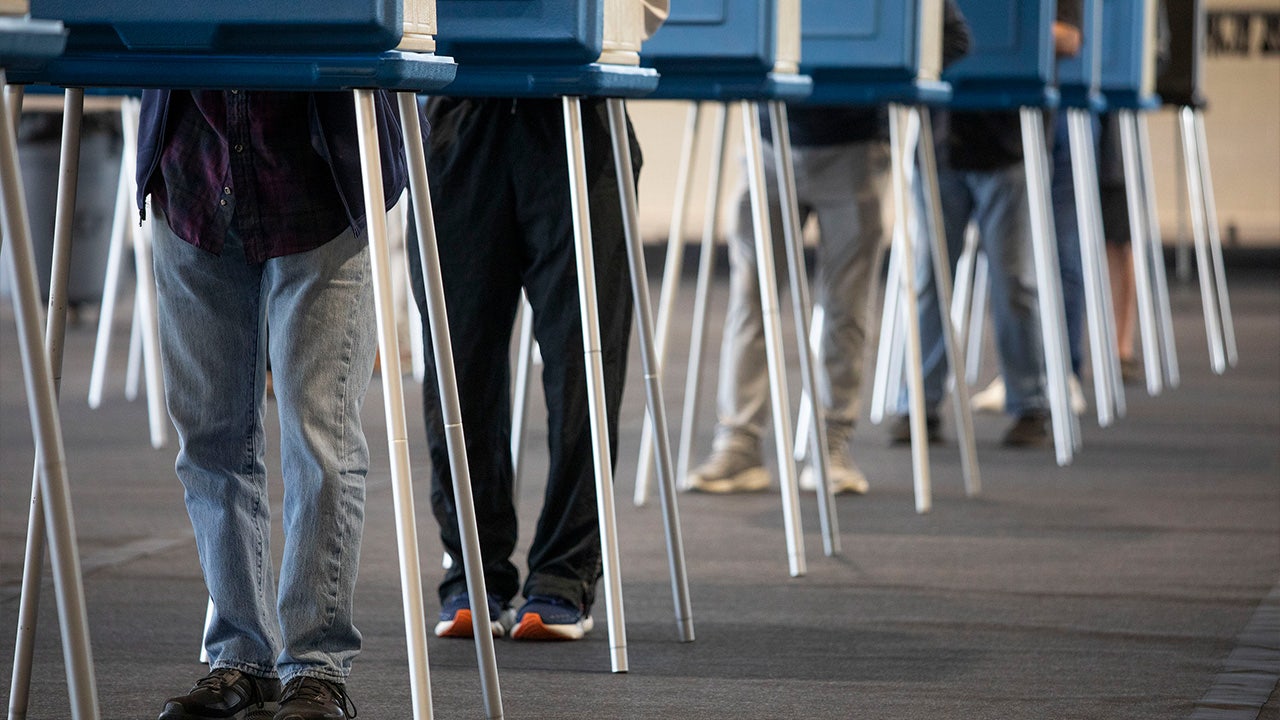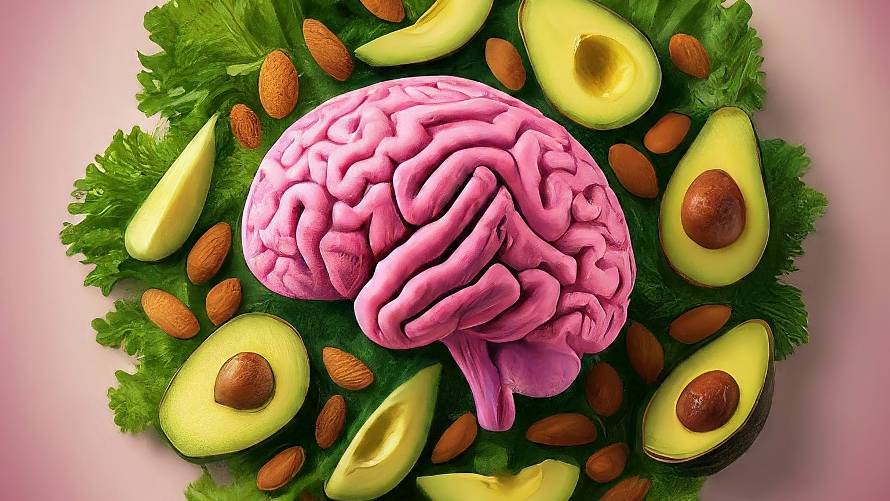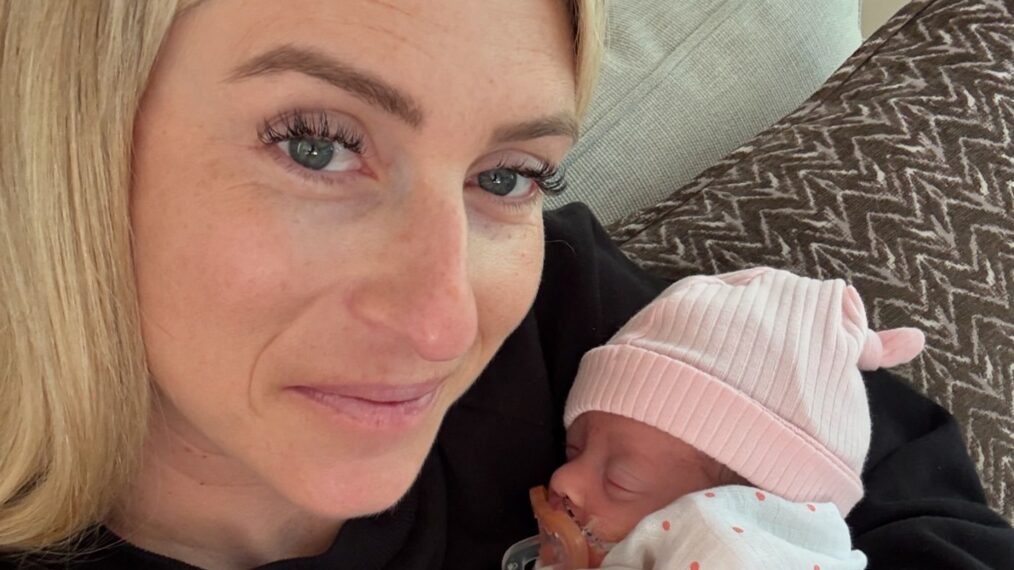Hundreds of genetic variants may influence your risk of becoming severely ill with covid-19, a discovery that could lead to more targeted treatments or even tests that assess a person’s likelihood of complications
Health
14 June 2022
A genetic test in a laboratory Haydar Dogramaci/Getty Images
More than 1000 genes may contribute to a person’s risk of developing severe covid-19, on top of life circumstances such as their age, ethnicity and any health conditions.
Most of the genes, discovered in a study of more than 1 million people, affect the functioning of two kinds of immune cells.
If the results are confirmed, they could inform a test that assesses a person’s risk of getting badly ill with covid-19, says Johnathan Cooper-Knock at the University of Sheffield, UK.
“We know there are young people who are otherwise fit that get severe covid,” he says. “We are trying to get at the genetic determinants that put people at risk irrespective of the more obvious things.”
Cooper-Knock’s team used artificial intelligence to analyse results from a global data set called The COVID-19 Host Genetics Initiative, a genetics project run by a group of researchers and companies.
The team looked at which genetic variants were more common in about 5100 people who died or needed respiratory support because of covid-19, compared with about 1.4 million people who never tested positive for the infection. None of the participants was vaccinated against covid-19.
The researcher group found 1370 gene variants that were linked to covid-19 severity, with these same variants coming up again when checked against two similar data sets.
These variants accounted for three-quarters of the participants’ genetic risk for severe covid-19, with the remaining one-quarter of the risk being unknown, according to the team.
The team then cross-checked the results with information on which genes are normally active in 19 different types of cells in healthy lungs. This showed that immune cells called natural killer cells and T-cells are key in controlling whether covid-19 becomes severe.
Before the results can be turned into a commercial genetic assay, a prototype would need to be further tested, says Cooper-Knock. “We would sequence [participants] before they have covid-19, assign them into risk groups and make predictions.”
Such a test may be less accurate if used on vaccinated people, as genetic susceptibility is less relevant if you have the protection of a vaccine, says James Davies at the University of Oxford.
Nevertheless, the findings shed light on the mechanisms involved in severe covid-19, which could lead to new treatments, he says. “The main importance is in identifying new therapy options.”
Journal reference: Cell Systems, DOI: 10.1016/j.cels.2022.05.007
More on these topics:






















































